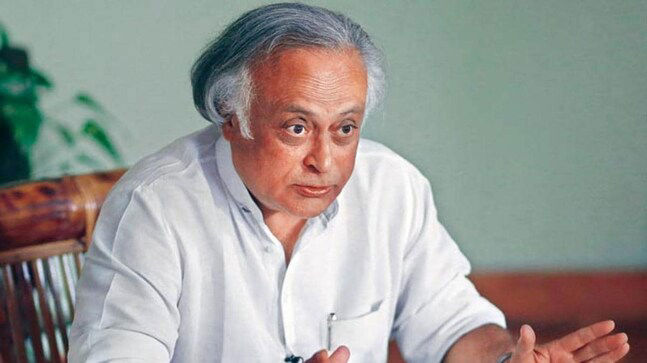
Congress General Secretary Jairam Ramesh on Sunday called the Central government a “pathological liar” while sharing a letter from 2009 about Project Cheetah to hit back at the Center over the allegation that “no constructive efforts” were made by the previous governments to re-introduce cheetahs in India.
“This was the letter that launched Project Cheetah in 2009. Our PM is a pathological liar. “I couldn’t lay my hands on this letter yesterday because of my preoccupation with the Bharat Jodo Yatra,” Ramesh tweeted. Jairam Ramesh, who was a Minister of State (independent charge) for Environment and Forests back in 2009 during the Congress government, had written a letter to the Wildlife Trust of India, giving the go-ahead to Project Cheetah.
In the letter shared by Ramesh, he had asked Dr. MK Ranjitsinh of the Wildlife Trust of India to prepare a detailed roadmap for the reintroduction of the cheetah, which should include a detailed analysis of different potential sites.
“I have received your letters dated September 28 and October 6, 2009.” Please go ahead and prepare a detailed roadmap for the reintroduction of the Cheetah, which should include a detailed analysis of different potential sites. The analysis should be carried out by the Wildlife Institute of India in collaboration with other organisations like BNHS and WTI. You may also like to include State Forest Departments as part of this study. I expect that the roadmap would be submitted to the MoE&F by the end of January 2010,” the letter reads.
On Saturday, Prime Minister Narendra Modi released wild cheetahs, which had become extinct in India, in Madhya Pradesh’s Kuno National Park.
Cheetahs brought from Namibia were introduced in India under Project Cheetah, which is the world’s first inter-continental large wild carnivore translocation project. Out of the eight cheetahs, five are female and three are male.
Notably, the cheetah was declared extinct in India in 1952 and has been brought back under an MOU signed earlier this year.
Cheetahs will help restore open forest and grassland ecosystems in India.
This will help conserve biodiversity and enhance ecosystem services like water security, carbon sequestration, and soil moisture conservation, benefiting society at large.
This effort, in line with the Prime Minister’s commitment to environmental protection and wildlife conservation, will also lead to enhanced livelihood opportunities for the local community through eco-development and ecotourism activities.
The historic reintroduction of cheetahs in India is part of a long series of measures for ensuring sustainability and environment protection in the last eight years that have resulted in significant achievements in the area of environment protection and sustainability.
The coverage of protected areas, which was 4.90 percent of the country’s geographical area in 2014, has now increased to 5.03 percent.